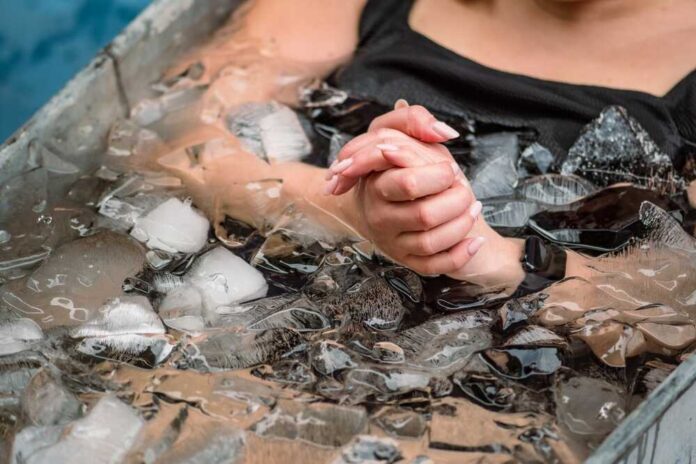
Renowned iceman Wim Hof claims that anyone can learn to adapt to cold weather. However, his therapies, which involve strange breathing methods, have been linked to a slew of deaths since 2015.
Eleven recorded fatalities, including that of a seventeen-year-old girl, have been associated with his or similar tactics since 2015.
Some of Hof’s most famous cold-water workouts involve swimming on glaciers, pressing up against snow-capped mountains, and submerging oneself in ice waters. According to him, these workouts help with weight loss, inflammation, and blood circulation.
Cold water shock is the physiological response of a human being to an abrupt and severe immersion in icy water. While these instincts serve a helpful purpose in cold weather, acting on them might put our lives in jeopardy. The first reaction to sudden immersion in cold water is a quick gasp for breath since the body’s oxygen supply is rapidly reduced. Afterward, hyperventilation sets in, characterized by a rate of rapid breathing that is ten times faster than usual.
The sudden change and demand for oxygen can cause water to enter the lungs, increasing the risk of drowning, particularly if the individual is suddenly submerged with their mouth and nose underwater. Worse, it has the potential to heighten your anxiety levels, which in turn raises the likelihood that you may become disoriented and drown.
Heart attacks are more common in those who are suddenly exposed to icy water due to the body’s vital response to cold. As a precaution against further heat loss and to ensure that critical organs continue to operate normally, the body goes into survival mode in reaction to this shock. The arteries that carry blood throughout the body constrict in an effort to keep the critical heat from escaping via the skin and limbs.
Prolonged immersion in cold water causes hypothermia, which in turn causes lethargy, confusion, and a slowing of the breathing rate—all of which can lead to drowning. Whether or not a person is wearing protective gear, such as a thermal wetsuit, and the temperature of the water both affect how quickly their limbs weaken from being in cold water.





























